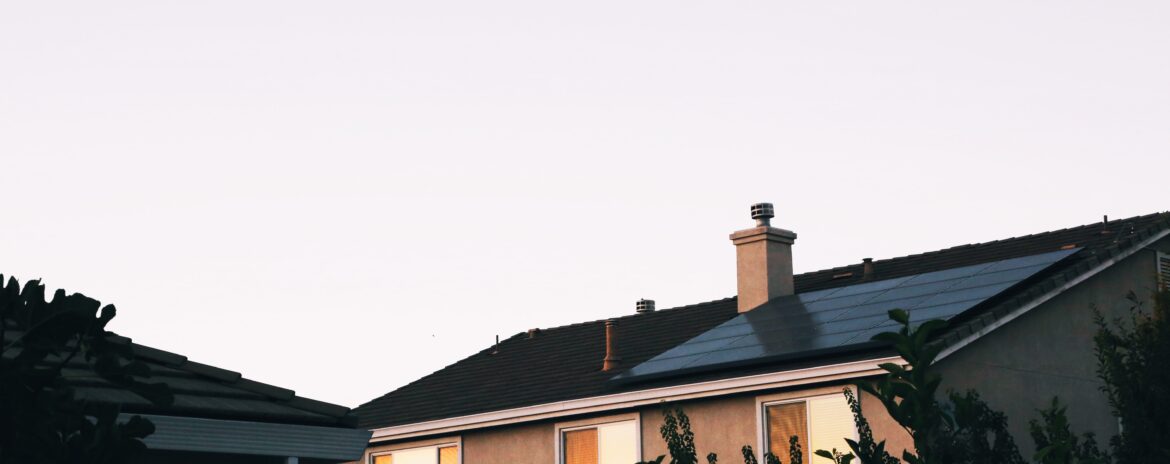With continuing high electricity prices, now could be a very good time to install solar panels at your property. Unless a solar battery is part of the system, it makes sense to sell excess electricity back to the national grid. Normally such sales are free from tax, but there is an exception you should be aware of.
Exemption rules
The sale of excess electricity – from what is known as microgeneration system – is exempt provided the intention is to match the individual’s own home consumption needs.
- The system must be installed at or near an individual’s home, e.g. rooftop solar panels; and
- The amount of electricity generated by the system should not significantly exceed domestic needs – HMRC allow a 20% margin here, so the system can generate 120% of domestic needs before sales to the grid become taxable.
Even if electricity sales to the grid are taxable, they might still be covered by the £1,000 trading allowance. If income exceeds the allowance, a £1,000 deduction can be claimed.
Unless a solar battery is used, around half of the electricity generated may end up being sold back to the grid. Install too large a system and these sales will be taxable. This will extend the typical eight-to-ten-year payback period for solar panels, especially if higher rates of tax are involved.
Smart export guarantee
Larger energy suppliers have to pay for excess electricity that is exported to the national grid under the smart export guarantee (SEG) scheme. Any energy company can be chosen, but care should be taken as rates vary significantly – from 1p/per kWh up to a potential 15p/per kWh. Even higher rates might be available if a variable tariff is chosen.
The best SEG rates are normally only available when the same energy supplier is used to supply electricity.
Details of the best SEG available rates can be found here .
Photo by Giorgio Trovato on Unsplash







